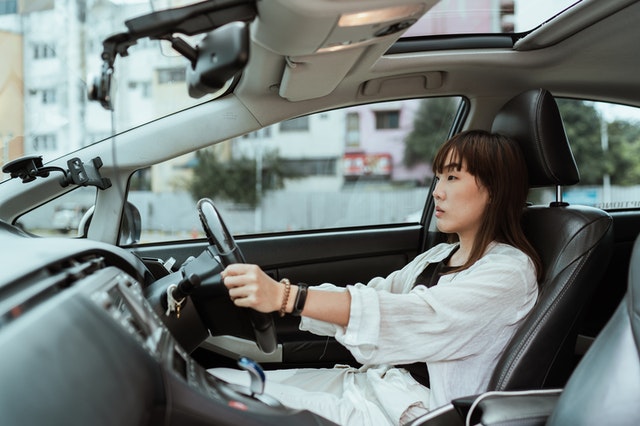Awhile back I was struggling to turn out of a downtown parking garage. Growing impatient, I forced my car into the traffic so I could get on with my day. In doing so I cut off another driver and I became the recipient of a short barrage of honks.
The other driver and I met up at the next traffic light. Simultaneously, we rolled down our windows and my heart began to race. I, the initial guilty party, decided to wait to see the approach she would take. Although I felt tensions rise, I also experienced flashes of curiosity, wondering what she would say.
How would she attack me? Would it be full of inflammation and obscenity? Would it be polite and gentle?
She dove head-first into yelling and blaming. I took the bait and decided to argue in return. And back and forth we went. As we argued, I thought to myself how silly I must look since I was the original one at fault. Eventually, we hit a stalemate and the light turned green. I drove off feeling worse.
I wished I would have admitted I was in error. I thought about how things might have been different for her if I would have apologized and given her an opportunity of forgiveness. Instead, I took the non-skillful, mindless approach and I fueled her anger with further arguments.
I will never know the degree to which this situation impacted the rest of her day – did it cause a negative ripple effect in some way? When she tells the story to others, will she be digging into internal negativity? Will it cause her additional suffering?
As I drove off, my mind meandered around these questions and my lack of VIA character strengths use – it was an underuse of kindness, judgment and perspective for sure. I became determined to use greater mindfulness the next time a similar situation emerged. Ten minutes later after picking up my wife, I saw a homeless woman at the corner asking for money. I’d previously driven passed this woman several times but this time I felt compelled to give her money and a packaged granola bar. So I did. She thanked me and I drove off.
When I was giving the woman money and food I was drawing no conscious connection between the “bad” and the “good” incident. It was only after that that I realized there was a redemptive quality to my act of kindness.
Did my awareness of my flawed behavior coupled with my intention “to be better next time” spur an attitude toward strength use? I had committed a small tear in the web of human interconnectedness, and I then somehow sought to repair that tear as soon as possible through character strength expression. This is strengths redemption.
VIA strengths consciousness is a consciousness about “being good,” says Neal Mayerson, Chairman of the VIA Institute. He adds that in expressing your better self at least three things happen:
- You are a better form of yourself.
- You create an opportunity for reciprocity of goodness from others (reciprocity being a basic social convention).
- You elevate those who might be witnesses to the expression of human goodness (social learning).
Have you made a mistake recently? Caused someone grief? Shown a lapse in judgment? Acted rude or simply underused your kindness?
Redeem yourself by bringing mindfulness to your core character strengths and then expressing this better form of yourself to benefit others and the world.


